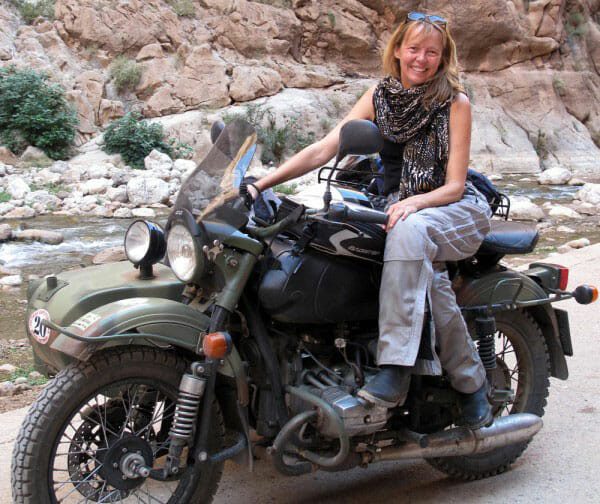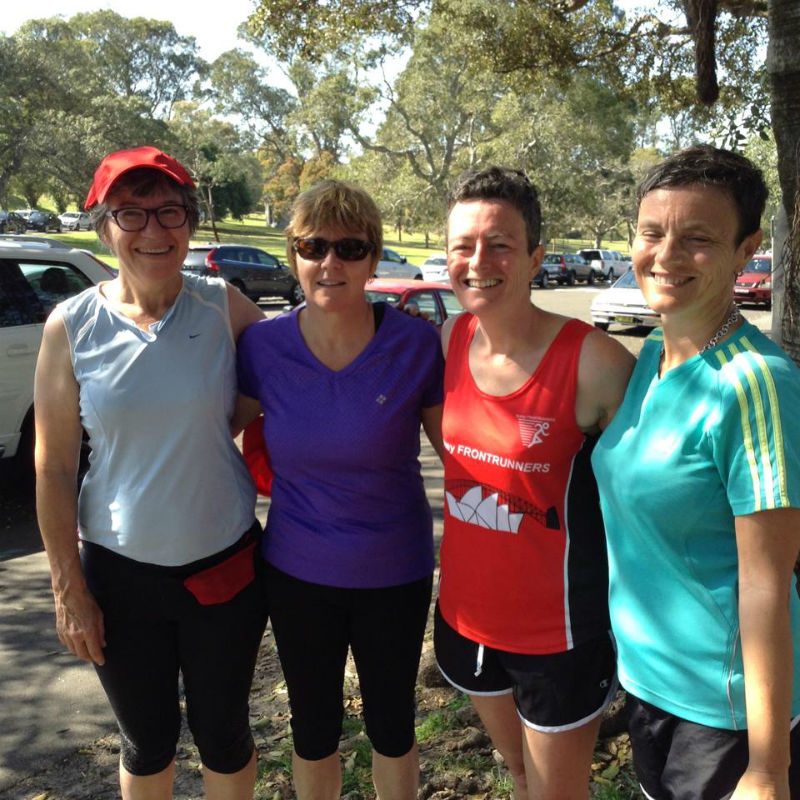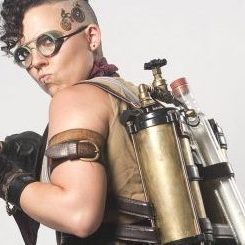
One woman’s ride through China.
Our wheels scatter a blanket of golden aspen leaves across the road as we crest the mountain pass and see a long stretch of the Great Wall of China. It’s lit by cold, stark sunlight, and the big, round watchtowers loom over an endless sea of mountains soft with autumn colours. A wild pheasant with bad timing flies directly across my path. I brake and stiffen in readiness for a hard blow to the helmet, but its tail feathers only brush against my visor.
We all ride Chinese Chang Jiang motorcycles with big sidecars full of gear for our ride from Beijing through the mountains of Hebei Province to Inner Mongolia. Following me is Teresa, a diplomat from Michigan I met here on my last visit a decade ago, and Diny, a Dutchwoman who’s just moved to Beijing with her hotelier husband, who brings up the rear.
In the last town, we were told that our destination was only about 80 kilometres and one hour away, but that was wrong, and our maps are clearly out-of-date. We ride slowly along this twisty mountain backroad lined with small lakes and streams and wooded groves. At dusk I long for the miracle of a lodge where we can stop for the night and a trailhead where we might hike for a few hours in the morning, enjoying the clean, cold air and the untouched wilderness. But this is not the Colorado Rockies or the Swiss Alps. This is China.
Darkness falls and it’s a long, cold and tedious ride. We should have tried to find a hotel in that last small town; now we’re too far away to turn back. There might only have been a luguan, with no-frills bunk beds and maybe no hot water. We would have brought sleeping bags and tents if we’d known we were going to pass through such wilderness.
Teresa moves to the front. She’s fluent in Mandarin and can read the signs that are no longer in both Chinese characters and Pinyin. Not that there’s an overabundance of road signs.
Diny rides too close, her headlight in my left mirror nearly blinds me as we curve around a mountain. Maybe she’ll back off if I slow to a crawl and then accelerate; but no, she hangs on, probably immersed in the kind of internal dialogue that monotony encourages. Finally, in frustration, I wave her ahead, then immediately regret it as she races up to tailgate Teresa. I speed up to tailgate Diny for a minute, my headlights in her mirrors, then drop back, hoping she’ll see that she needs to create more space, but she doesn’t.
My body is stiff from sitting in the same position for so long in the cold and from being jarred by the vibration of the engine and the thumps in the road. I catalogue each ache and pain, each shoulda woulda coulda, and then realize that I really must stop this before I spiral down into useless misery. I remember the lessons of a Vipassana meditation course I took a year ago and give it a whirl, beginning the slow, tedious exercise of scanning the body, noting sensations from the top of my head to the tips of my toes and back again, ignoring itches and pains that are not in the proximity of my immediate attention. It is not as easy as it sounds.
The results are surprising. The crown of my head is warm, my hair is plastered against my forehead, my left ear is bent backward inside my helmet, there’s a leak in my jacket zipper that’s letting in a pinhole of icy air, elbows are good, fingertips are freezing and numb, my rear end aches, both knees are stiff, one little toe tingles, a big toe is jammed hard against my boot. I scan, become aware, resist assigning a value to these sensations—pleasure or pain, it will always change—anicca.
Anicca is a Sanskrit word that means impermanence. More than that though, it implies the state of inevitable change, so there’s no use assigning a value, or a judgment to a sensation or a situation because it’s going to pass. Somehow, sometimes, it’s going to pass.
“It’ll pass when you die,” my inner voice taunts.
“Shut up,” I mutter, fogging my visor.
I love motorcycling because it puts me right in the environment I am passing through, not sheltered from it. But in this kind of situation, I wish for a nice warm car with a heater and some good music. The road rises in long sweeps through woodlands that I wish I could see instead of just sense. The countryside we passed through earlier in the day was spectacular. We stopped for a long time at a farmers’ market, gorging ourselves on persimmons, Asian pears, and plump purple grapes. We paused to photograph the Great Wall, yellow and jagged against the deep blue sky, an arrangement of dry yellow corn on a windowsill, a group of men immersed in a game of Mah Jong. On the first long, empty, straight stretch of road, we gunned our engines, testing the horsepower of our machines, the cold autumn sun in our faces. We raced up the first set of switchbacks, the sidecars tilting up on the right turn, bearing down on the left. We are free and lighthearted in the daytime. At night, everything is different.
Vipassana is a meditation technique invented by the Buddha. With it, if you’re sufficiently motivated and tired of being reincarnated, you might achieve such complete realization of the concept of anicca that you no longer experience clinging or craving or aversion, which can lead to a profound state of acceptance and a peace that is enlightenment.
I don’t expect to achieve enlightenment on this road in the dark in the mountains of China, but it’s a good practice for controlling emotions gone awry. I’m riding, exploring, adventuring, freely roaming the world. But the road to freedom is riddled with traps. Where does true freedom exist?
Scanning: Cold, numb, cramp, vibration, pain, warmth, stiffness.
Anicca.
A truck barrels down the road, flashing its brights, blinding me.
Anicca.
My ear is going to crack off.
Anicca.
How much farther is that damn town?
Anicca.
An hour later, the town throws down a four-lane road and we ride toward a cluster of brightly-lit highrises, through welcoming chaos of cars and stoplights and people just walking around as if this isn’t a terrifyingly lost place but normal and warmly familiar.
The manager of our hotel leads us to a restaurant where we take a private room and warm our hands on cups of hot green tea before ordering dish after dish of food and bottles of beer and tiny cups of rice wine. Locals peek in to get a load of this—the three dishevelled, clearly crazed foreign women who arrived on motorcycles.
I tell the story of the pheasant who nearly flew into my head. Teresa nearly ran over a man carrying two buckets of water on a stick across his shoulders. “I was so bored,” Diny says. “You know, I was thinking about so many things, I was doing my Kegels…” We dissolve into laughter, drunk on beer, rice wine and relief. Now we wouldn’t trade our bikes for a car, a bus, even a limousine with a driver. We raise our glasses and toast to whatever may come tomorrow. Anicca.
This excerpt was adapted from Carla King’s upcoming book Under the Radar in China. For more information visit MotorcycleMisadventures.com.


